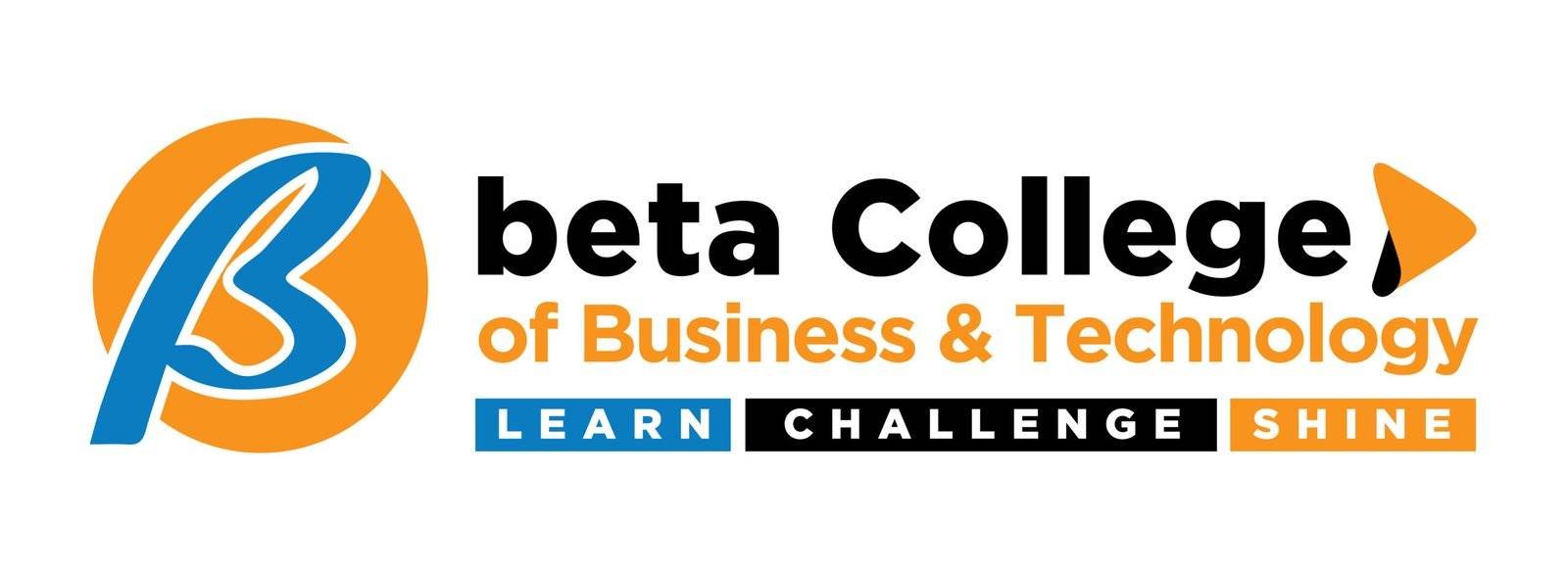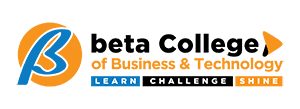By following the correct career guidance, college students can establish a strong foundation for their careers. This entails gaining insight into their strengths and weaknesses and leveraging this knowledge to match their abilities and interests with the most suitable career options.
Accessing reliable career advice can provide a competitive advantage in the job market and create opportunities for a prosperous career trajectory. College students are privileged to have access to career professionals within the career service department, who can help them navigate the dynamic job market and make informed decisions about their career path.
Why is career advice important for college students?
Utilizing the tools, tips, and career coaching resources offered by the career service department can greatly benefit you as a student. These resources can aid in developing self-awareness and understanding your desired career goals, as well as the necessary steps to achieve them.
By utilizing these resources, you can gain a clearer vision of the ideal career path to pursue in the future. This process is both informative and empowering, providing you with valuable insights and guidance towards achieving your professional aspirations.
Essential Advice for Crafting a Strong Career Base
Identify your strengths and interests: Start by assessing your strengths, interests, and values. This will help you determine the types of careers that align with your personality and aspirations. Consider taking personality tests and talking to a career counselor to gain a better understanding of your strengths and interests.
Set clear goals: Once you know what you want, set clear and achievable goals. This will help you stay focused and motivated throughout your career journey. Make sure your goals are specific, measurable, and time-bound. Write them down and review them regularly to ensure you stay on track.
Build your skills: Invest in developing your skills and knowledge. This could involve taking courses, attending workshops, or seeking out mentorship opportunities. Stay up-to-date with the latest trends and technologies in your industry to remain competitive.
Network: Build a strong professional network by attending industry events, joining professional associations, and connecting with colleagues and mentors. Your network can provide valuable career advice, introduce you to potential employers or clients, and help you stay informed about job opportunities.
Seek feedback: Seek feedback from colleagues, mentors, and supervisors to identify areas for improvement. Use this feedback to develop new skills and improve your performance. Be open to constructive criticism and use it to grow both personally and professionally.
Stay adaptable: Be prepared to adapt to changes in your industry or job market. This could mean learning new skills, changing your career path, or even switching industries. Stay informed about trends and developments in your field and be ready to pivot as needed.
Prioritize work-life balance: While it’s important to work hard and be dedicated to your career, it’s equally important to prioritize your health and well-being. Set boundaries and make time for hobbies, exercise, and social activities. This will help you maintain a healthy work-life balance and avoid burnout.
FAQs
Why is it important for college students to start thinking about their career paths early on?
It’s important for college students to start thinking about their career paths early on because it gives them a better chance to identify and pursue opportunities that align with their interests, skills, and values. Early career exploration can also help students make informed decisions about their academic and extracurricular choices, allowing them to build a stronger foundation for their future careers.
How can college students figure out what career path is right for them?
There are several ways college students can figure out what career path is right for them, such as taking career assessments, exploring their interests and values, networking with professionals in their desired fields, gaining work experience through internships or part-time jobs, and seeking guidance from career counselors or mentors.
What skills should college students develop to enhance their career prospects?
Some important skills college students should develop to enhance their career prospects include communication, problem-solving, critical thinking, time management, teamwork, leadership, adaptability, and digital literacy. Developing these skills can make students more competitive in the job market and help them succeed in a variety of industries.
What are some common mistakes college students make when planning their careers?
Some common mistakes college students make when planning their careers include focusing too much on salary or prestige, neglecting to gain relevant work experience, ignoring their personal interests and values, failing to network or build relationships with professionals in their desired fields, and not seeking out guidance from career counselors or mentors.
How can college students make the most of their college experience to prepare for their careers?
College students can make the most of their college experience to prepare for their careers by taking advantage of opportunities such as internships, volunteer work, research projects, student organizations, and career services. They should also prioritize building their professional networks and seeking out mentorship from experienced professionals in their desired fields. Additionally, students should focus on developing relevant skills and gaining practical experience that will make them competitive in the job market.


